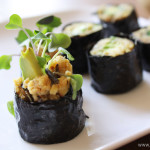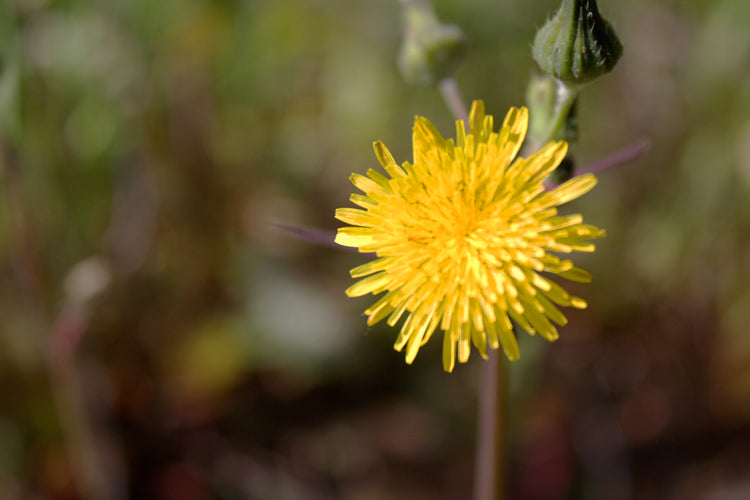
At this point in the game, if you’re seriously unaware there’s a full-swing green movement going on, I’d be hard-pressed to believe you even live under a rock — perhaps you’re under a sea of styrofoam packing peanuts, or maybe a stretch Hummer (with some obnoxious personalized license plate, I would assume).
For the rest of us, the question continues to nag: how can we most efficiently make a difference in cleaning up the environment? We’re all busy. But we’d also like to do something. So do the reusable grocery bags cut it? How about taking shorter showers? Buying a sweet new Prius? By all means, these are good, positive choices, and these efforts have good, positive effects. But there’s one solution that truly puts us on the fast track to a more sustainable lifestyle: stop eating meat.
Let’s put the ethics and health benefits of a plant-based diet aside for a moment. A recent major McLeans feature Save the planet: Stop eating meat explains just how extensive the environmental benefits of eating greener really are. Within the article, Ethical Vegetarian Alternative (Belgium’s largest vegetarian organization) explains, “If everyone in Flanders does not eat meat one day a week, we will save as much CO2 in a year as taking half a million cars off the road.” Laying out the full toll of our fleshy fixation, the article continues, “livestock accounts for 18 per cent of worldwide greenhouse gases, more than those emitted by all forms of transportation combined, and is a leading cause of deforestation and water pollution.” And let’s not forget the inefficiency and waste in feeding nutritious plant-based foods to animals raised for slaughter, the disturbingly high amounts of toxic methane emissions released from our digestion-challenged cattle, and the increasing loss of farmland (which if used to grow plant-based nutritious foods instead of housing livestock, could alleviate much of the global food crisis).
Personally, I’m optimistic. Why? Because doing something exceptionally good for the planet lies in one action step that most of us already have immense talent in: EATING. A cleaner environment is as simple as getting some seriously good chow on — with fresh, vibrant foods like portobello burgers, a bowl of cheesy broccoli, or protein-rich quinoa sushi. Swap out cow’s milk for some luscious hemp milk or rice milk in your next recipe. Or take a take a ride on the superfood brownie train and I’ll meet you in the land of gastronomic paradise. Environmentalism was seriously never so easy. And a healthier planet is served.
The post Edible Environmentalism appeared first on JulieMorris.net.

